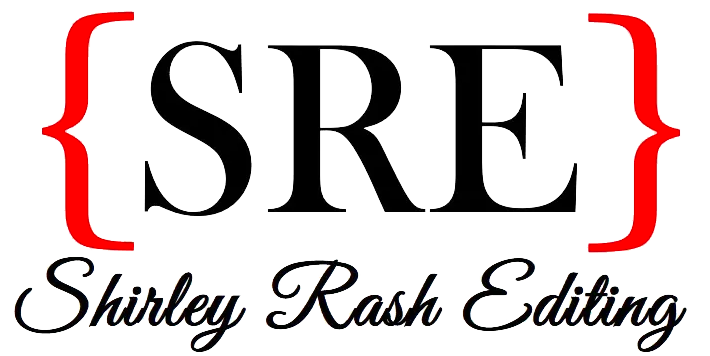One of the highlights of every summer for me personally is attending a performance (or two) from Opera in the Ozarks. I particularly love their Sunday afternoon shows where, in addition to great opera, you also get free ice cream and an hour-long opera talk before the performance.
Earlier this summer, I attended The Crucible and La Traviata at Opera in the Ozarks, and they were both excellent (as always). During the opera talk about the former, I learned about the writing method of composer, Robert Ward. As is true of many composers, he wrote the music after the libretto text was finished. What interested me the most as an editor, however, was his chosen method of doing so—he kept reading the words aloud as he worked.
When I get asked what my single top editing tip is for writers, I always say to read the text aloud. I’d actually been meaning to write a blog post on how beneficial reading aloud is, and that opera talk just reinforced that it’s an important topic to cover. Though Ward was reading aloud for musical reasons—to ensure that the words matched the music—and not editing reasons, reading aloud is still highly beneficial for writers and editors.
I first learned about the benefits of reading aloud when I worked at my undergraduate writing center. In fact, our policy was that every paper we worked on in conferences with students had to be read aloud. It didn’t matter who did the reading—it could be either the student writer or the peer tutor—but it usually ended up being the tutor. Depending on the length of the paper, we could easily be reading aloud for 15 to 20 minutes before pivoting to discussing the paper. By virtue of reading aloud, both parties caught issues that we wouldn’t have necessarily picked up on otherwise. A lot of times, I’d end up pausing to mark something I’d heard or they’d politely interrupt me to note something they noticed was wrong.
Because of these experiences, I started making a habit of reading my own papers aloud as I wrote them, and again, I caught errors and typos that I hadn’t noticed either while writing or while silently revising. It was so effective that reading what I’d written aloud became a standard part of my process for writing term papers throughout my collegiate career and even for my thesis as a grad student.

Most people know that reading texts aloud is beneficial. It slows you down (versus reading silently), and that’s a big part of why you can catch mistakes you didn’t notice all the other times you read the paper. When we’re silently reading, our eyes are filling in letters and words for us, and that makes it easier to overlook a typo or a wrong word or a misspelling or a clunky bit of phrasing. Reading aloud also helps you hear when the intended phrasing of a sentence has multiple meanings and rather than the one intended.
As an editor, I don’t personally read entire manuscripts out loud. I don’t have the vocal stamina for it, for starters, but it also would be time-prohibitive for me to read 300+ page manuscripts out loud for every project.
However, I am still a big fan of reading texts aloud. If I am working on a particularly tricky passage or one that I have been working on extensively and that I feel like my eyes are starting to fill in the words without processing them, I always stop and read aloud.
And that’s also why, when clients and writers ask me for tips on self-editing, I always recommend reading aloud. It’s like experiencing the text again for the first time, no matter how many revisions or rereads you’ve already done. For both editors and authors who are self-editing, that is invaluable.





